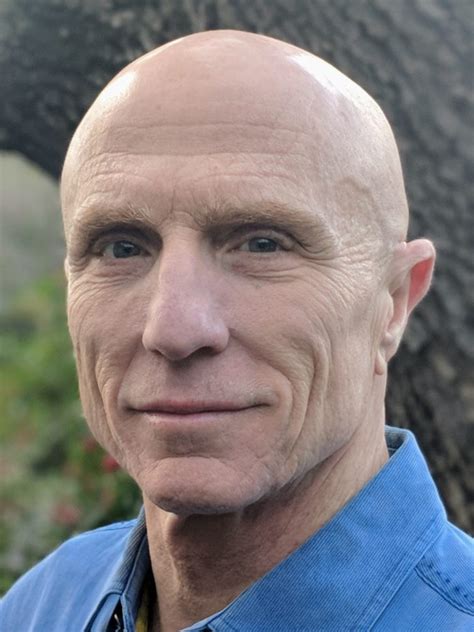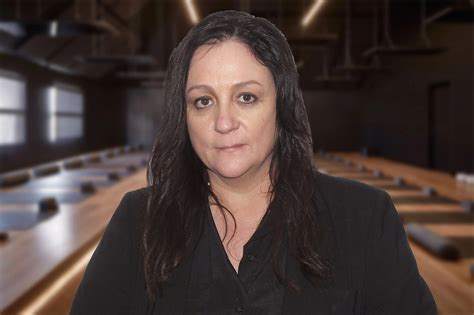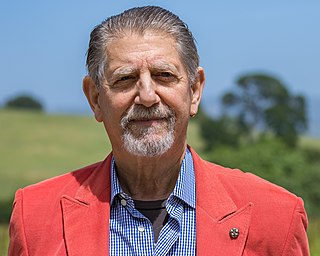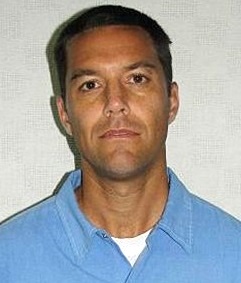A Quote by E. O. Wilson
We are compelled to drive toward total knowledge, right down to the levels of the neuron and the gene. When we have progressed enough to explain ourselves in these mechanistic terms...the result might be hard to accept.
Related Quotes
Passion and drive are not the same at all. Passion pulls you toward something you cannot resist. Drive pushes you toward something you feel compelled or obligated to do. If you know nothing about yourself, you can't tell the difference. Once you gain a modicum of self-knowledge, you can express your passion.....It's not about jumping through someone else's hoops. That's drive.
I happen to believe the world will change only when we change ourselves. And that starts with finding ourselves: learning to quiet the clamor in our minds and the voices of everyone around us and move toward what feels right – toward the things we know, for reasons we can’t explain, that we’re mean to do, the things that makes us feel alive.
We are second-hand people. We have lived on what we have been told, either guided by our inclinations, our tendencies, or compelled to accept by circumstances and environment. We are the result of all kinds of influences, and there is nothing new in us, nothing that we have discovered for ourselves: nothing original, pristine, clear.
I am certainly open to the idea that this might be used to explain other philosophical categories besides knowledge. I have some real sympathy with the work of those moral realists who have tried to give naturalistic accounts of human flourishing, and who offer accounts of right action in such terms. (I suppose this is more evidence that I really do have deep affinities with Aristotle!)
There is a neuron in your brain that will respond only to pictures of Jennifer Aniston - provided you have had prior visual exposure to the actress. That neuron does not respond to pictures of Bill Clinton or Halle Berry. Only Jennifer. I used the story to explain the almost ridiculous plasticity of the organ. There is no such thing as Jennifer Aniston in our evolutionary history - she was born in 1969, for heaven's sake - but we are flexible enough to devote an entire cell to her if we have previously encountered her in some fashion.
A quote that I like very much comes close to explaining my attitude about taking photographs. ‘Chinese poetry rarely trespasses beyond the bounds of actuality the great Chinese poets accept the world exactly as they find it in all its terms and with profound simplicity they seldom talk about one thing in terms of another; but are able enough and sure enough as artists to make the ultimately exact terms become the beautiful terms.’
We have new media, new forms of connectivity, and an enormous transference of knowledge. When you study evolution, you see that when new genes meet and multiply, they create new contexts and new species. In a sense, the gene-pool of knowledge and of people connecting at all levels is literally spawning a kind of mind-pool of possibilities.
The well-being of a neuron depends on its ability to communicate with other neurons. Studies have shown that electrical and chemical stimulation from both a neuron's inputs and its targets support vital cellular processes. Neurons unable to connect effectively with other neurons atrophy. Useless, an abandoned neuron will die.




































